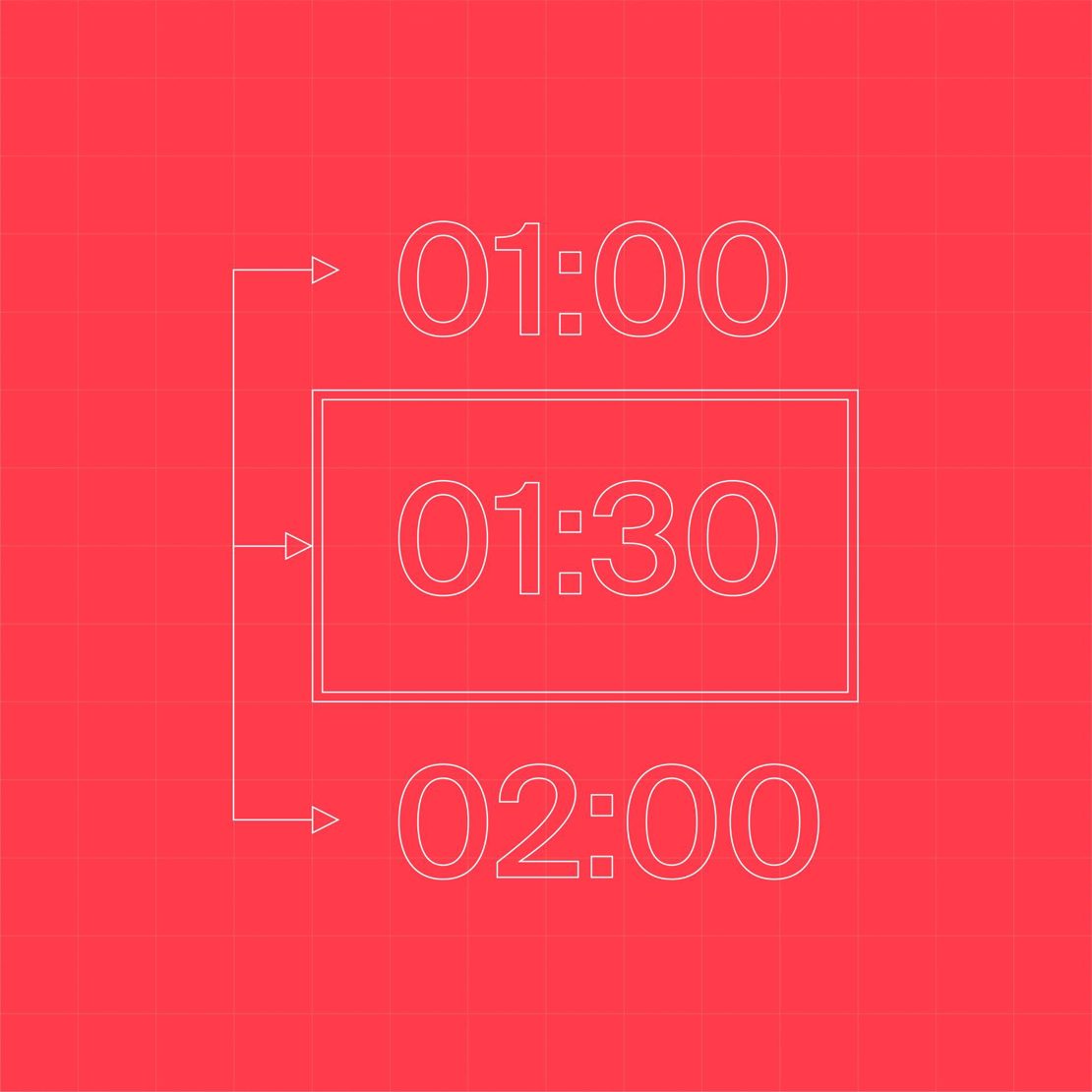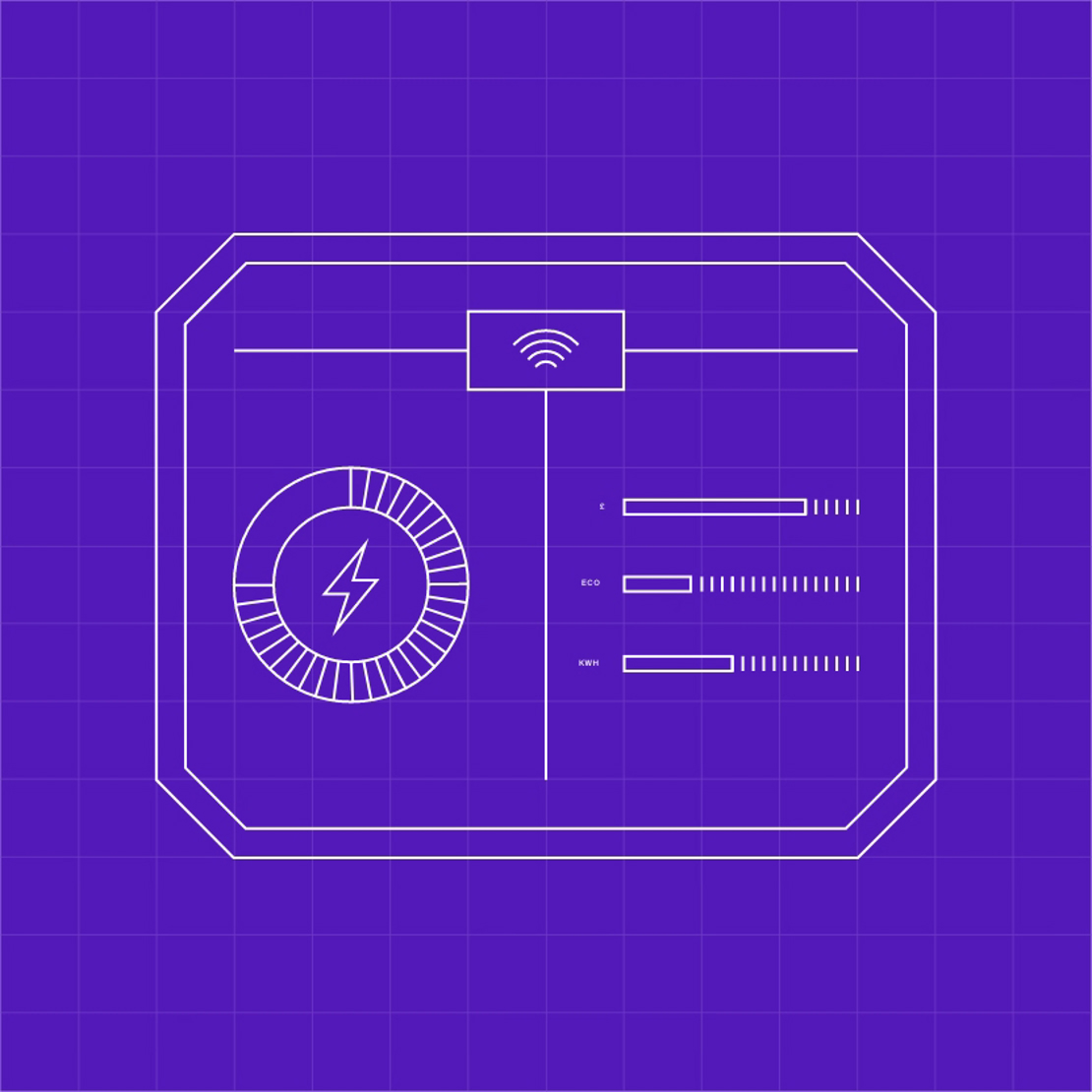Testing Overview
Testing Approach
Pre-Integration Testing (PIT)
To be performed by all users of the new settlement arrangements to validate every system or service that is included in the End-to-end (E2E) MHHS design.
For more information, visit the PIT page of this website.
Systems Integration Testing (SIT)
To be performed by the service providers of the central systems and other parties to test the E2E operation of the systems.
For more information, visit the SIT page of this website.
User Integration Testing (UIT)
UIT is broken down into two subparts:
- All participants not undertaking SIT must perform Qualification Testing, as part of the overall Qualification process.
- End-to-End Sandbox, where a participant can optionally use this testing service to test their systems and processes.


Environment Approach & Plan
On 14 March 2024, the Programme published an uplifted version of the Environment Approach and Plan (v2.12) for your consultation and feedback.
The uplifted document included content that defines the environment approach for Non-Systems Integration Testing (SIT) Licensed Distribution System Operator (LDSO) Qualification Testing.
The consultation window closed on 21 March 2024. Thank you to all participants who provided feedback.
Following the consultation, the Programme published an uplifted version of the Environments Approach and Plan (v2.15) for an assurance review. This assurance review closed on 7 June 2024. Thank you to all participants who submitted comments.
The assurance review comments have been addressed and the Environment Approach & Plan was uplifted to version 3.0 which you can view below:
Environment Approach & Plan v3.0
The Environment Approach & Plan was approved at the Systems Integration Testing Advisory Group (SITAG) on 19 June 2024.
If you have any questions, please email the Testing Team at [email protected]
‘Placing Reliance’ Policy Update
The Testing and Migration Advisory Group (TMAG), along with the Performance Assurance Boards (PABs) of both the Balancing and Settlement Code (BSC) and the Retail Energy Code (REC), have approved the MHHS ‘Placing Reliance’ Policy.
You can view the baselined version 1.0 of the Policy Document below.
It outlines the principles and approach to how Programme participants can meet and evidence MHHS industry-wide testing (Systems Integration Testing (SIT) or Qualification Testing), that is required to Qualify in the MHHS arrangements.
For any questions about this Policy, please email [email protected]


Testing and Qualification of Meter Data Retrieval (MDR) and Smart Data Services Clarification
The Programme has published the Meter Data Retrieval (MDR) Testing and Qualification document to provide clarity on the current approach to testing MDR services and the Code Bodies approach to Qualification where a Smart Data Services provider intends to use:
- MDR services as new functionality in the new MHHS arrangements; and/or
- Existing Supplier functionality to collect half-hourly data from smart meters using existing Import Supplier (IS) and Export Supplier (ES) Service Requests with the Data Communications Company (DCC) Data Service Provider (DSP)
The MDR Testing and Qualification document was uplifted in June 2024 by the Programme and the Balancing & Settlement Code Company (BSCCo) to version 4.2.
You can view this document below, which includes current assumptions and risks, alongside an uplift to the previous guidance provided for Design Work-Off Item D023 - Target Operating Model (TOM) Implementations & MDR ID.
D023 - TOM Implementations & MDR ID
We hope that this provides Programme participants with further certainty on what is expected.
If you have any questions, please contact the PPC team at [email protected]
Testing Documents
There are a few important documents to support the Testing phase of the Programme:
End-to-End (E2E) Testing & Integration Strategy
sets out the strategy for the testing required for the MHHS Programme
Test Data Strategy determines the method for which data will be selected and distributed to Test participants
Environment Approach & Plan [Approved Draft] includes updates on when and for how long environments will be required, and how many concurrent environments we expect participants to have by test phase
SIT Scope for Voluntary Participants' Planning (v0.6) document defines, at a high level, the functionality required to be demonstrated in SIT by those BSC Roles who are voluntary SIT participants.
Data Assessment Report sets out the key high-level findings relating to the quality, completeness, and sources of data which the new design requires within SIT, Migration and ongoing live operations
Release Management and Configuration Management Approach & Plan defines how Release and Configuration Management shall be undertaken within the MHHS Programme, ensuring control of the release through the Deployment stage
Test Management Tool User Guideto assist Programme participants in using the MHHS Test Management Tool (Azure DevOps (ADO)) during testing. The ADO solution helps participants to effectively manage the requirements, test cases, defects and reporting in various user roles during testing and associated activities.
Non-Functional Test Policy is an overarching document that provides an overview of the approach across all phases of Non-Functional Testing delivery, Pre-Integration Testing (PIT) and Systems Integration Testing (SIT). It includes the scope and rationale for carrying out specific tests and should be read in conjunction with the PIT Guidance and SIT Non-Functional Test Approach & Plan documents.

For more information on the Systems Integration Testing Advisory Group (SITAG) and Working Group structure, visit the Testing Governance page.
